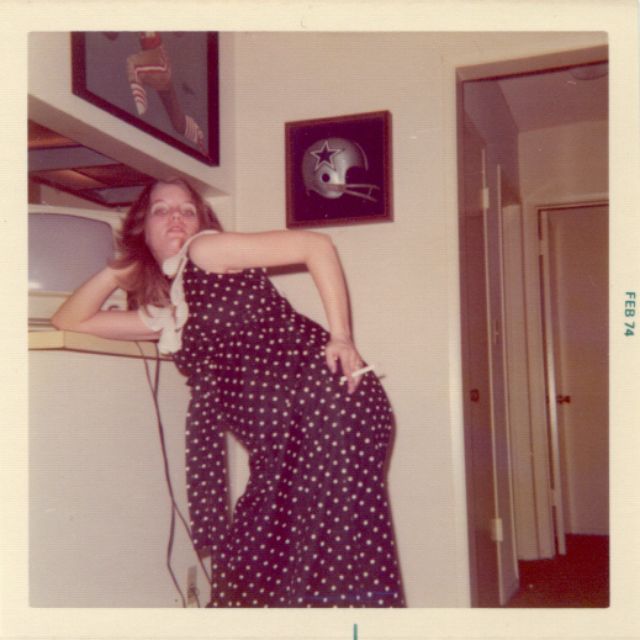Television became available in crude experimental forms in the late 1920s, but it would still be several years before the new technology would be marketed to consumers. After World War II, an improved form of black-and-white television broadcasting became popular in the United Kingdom and United States, and television sets became commonplace in homes, businesses, and institutions.
During the 1950s, television was the primary medium for influencing public opinion. In the mid-1960s, color broadcasting was introduced in the U.S. and most other developed countries.
In 1972, sales of color sets finally surpassed sales of black-and-white sets. Color broadcasting in Europe was not standardized on the PAL format until the 1960s, and broadcasts did not start until 1967.
By the mid-1970s, the only stations broadcasting in black-and-white were a few high-numbered UHF stations in small markets, and a handful of low-power repeater stations in even smaller markets such as vacation spots.
By 1979, even the last of these had converted to color and, by the early 1980s, B&W sets had been pushed into niche markets, notably low-power uses, small portable sets, or for use as video monitor screens in lower-cost consumer equipment.
By the late 1980s even these areas switched to color sets. Here below is a set of vintage photos that shows portraits of people posing by their TVs in the 1970s.




































Oh look. It is this thread again.
ReplyDelete